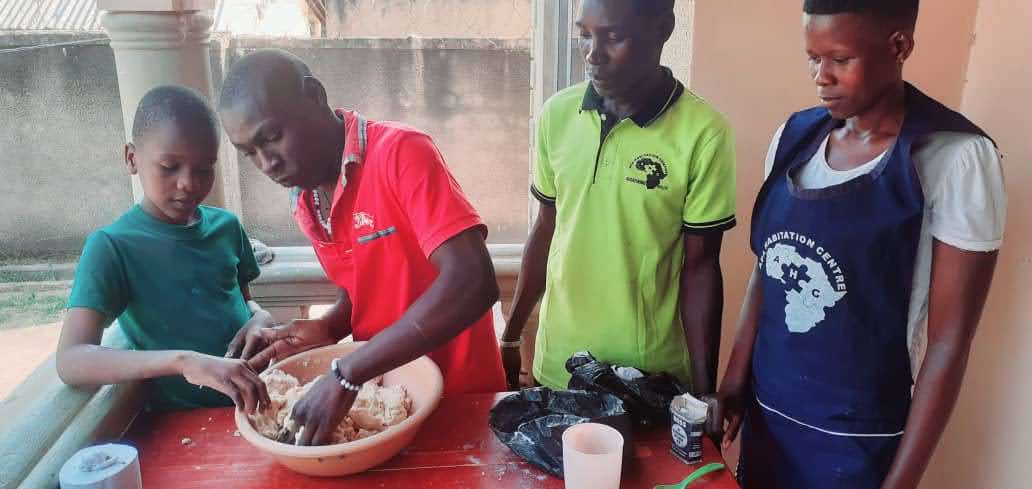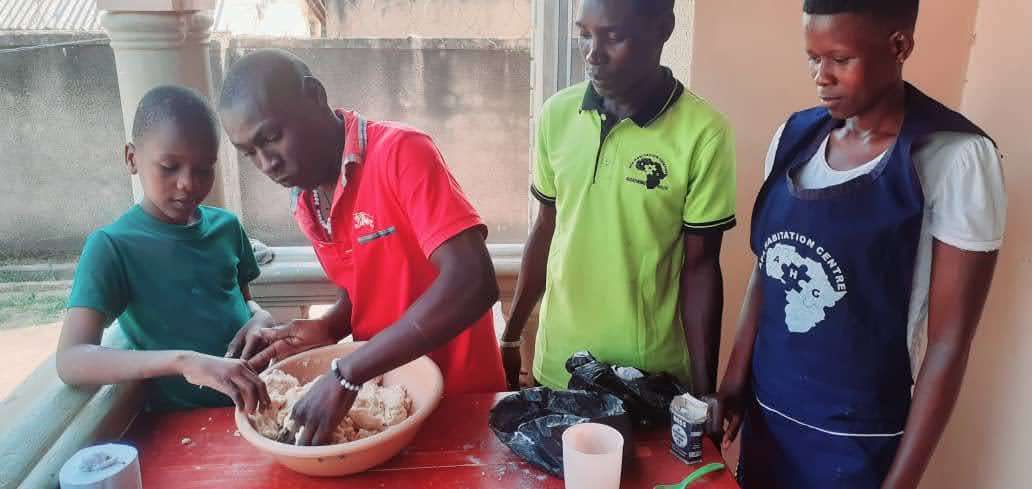How does AFA support adolescents/ Young adults transitioning to adulthood?


AFA Habitation for Autism Foundation provides comprehensive support for adolescents/Young Adults transitioning to adulthood through various programs and initiatives:
1. Life Skills Training
- Independent Living Skills: Programs teach essential skills such as cooking, budgeting, and personal care to prepare adolescents for independent living.
- Social Skills Development: Workshops focus on enhancing social interactions, communication, and relationship-building skills.
2. Career Preparation
- Job Readiness Programs: AFA offers programs that include resume writing, interview preparation, and job search skills to help adolescents secure employment.
- Internship Opportunities: Partnerships with local businesses provide internships and work experience, allowing adolescents to gain practical skills in real-world settings.
3. Educational Support
- Transition Planning: AFA assists families in developing transition plans that outline educational goals and support services needed for post-secondary education.
- Advocacy: The foundation advocates for the rights of autistic students in educational settings, ensuring they receive appropriate accommodations and support.
4. Mental Health Resources
- Counseling Services: Access to mental health professionals who specialize in autism helps address emotional and psychological challenges during this transition.
- Peer Support Groups: Facilitated groups allow adolescents to connect with peers, share experiences, and build a support network.
5. Family Support
- Workshops for Families: AFA provides resources and workshops for families to help them understand the transition process and offer effective support to their adolescents.
- Information and Resources: Families receive guidance on navigating the complexities of adult services, including health care, housing, and community resources.
6. Community Engagement
- Social Events: Organizing social activities and events encourages community involvement and helps adolescents build friendships and social networks.
- Volunteer Opportunities: Involvement in community service helps adolescents develop a sense of purpose and responsibility.
7. Technology and Tools
- Assistive Technology: AFA explores and provides access to assistive technologies that support communication and daily living skills.
Through these multifaceted approaches, AFA aims to empower adolescents with autism as they transition into adulthood, fostering independence and enhancing their quality of life.


